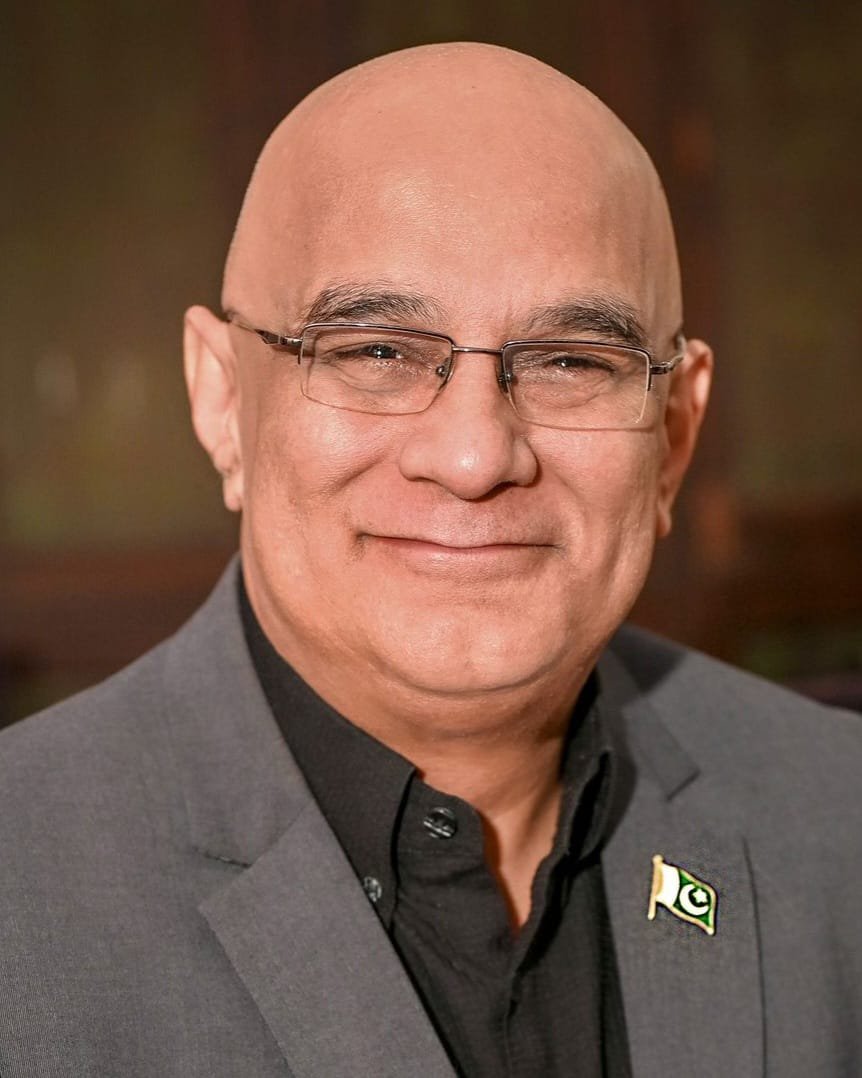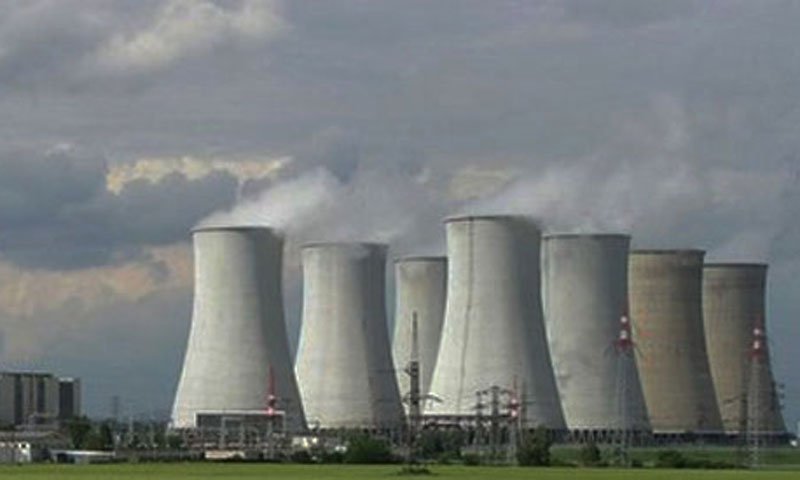Imran Shauket
I have been fortunate to speak frequently at myriad forums in the last year. The subject that I address most frequently is the future potential of Pakistan, how it can be a leader among the nations of the world, and what it needs to do to be an economic powerhouse. I have also written on this, and on the tremendous untapped capability of the 120 million youth (under 20) of Pakistan, and the potential of our various sectors, including Buddhist and heritage tourism, which can contribute billions of dollars per year to the economy of Pakistan.
My optimism, however, is always moderated with a caveat; Pakistan will rise to take its prominent place in the world community but much needs to be done, and it will take time – no less than a decade. Furthermore, this can only be done in a deliberate and planned manner. However, it is not clear whether the current leadership of the major parties can rise to the occasion. So, the trajectory to the top of the world leadership is contingent on revamped leadership that has yet to materialize, but may be in the offing.
What is inevitable is that in twenty five years Pakistan will be the third largest country by population (400 million) and probably the top 20 largest economies ($4.4 Trillion GDP-PPP) of the world. When Pakistan arrives at this stage, it is certain to alert the world and potential investment are bound to come to take advantage of the large market. On the flip side, the population size that will lead to the great economic size will dilute the per capita income and we will still be a nation of poor individuals. Unless, a new leadership can take the helm, take advantage of the investment regimes and help Pakistan progress from the inevitable (large population and poverty) to the unlimited (rising investments leading to a thriving Pakistan).
The leadership that is required cannot be the same families and associated faces who have been in power for the past many decades. That has not led us anywhere and Pakistan has been in a constant state of decline. Admittedly, there are competent and good people in each party, and if the parties were truly democratic, they would have continued to evolve with the “good” people with fresh ideas rising to the top. However, that has never come to pass and each party has continued to decline in their leadership capability. In the recent past, the only hope that the nation saw was the emergence of PTI, which contrary to its name and mission of being an egalitarian party, a party of democracy and justice, evolved in the opposite direction.
The backward slide of Pakistan over the past many decades can be attributed to a lack of “leadership”. Having friends in all segments of society and with varying party affiliation, I always hear respective party members praise their party heads as “leaders”. I always have to remind them that we should not confuse “politicians” with “leaders”. At best, most of the heads of parties are “good politicians”, not “good leaders”. At least not of the caliber that Pakistan, the 5th largest nuclear powered nation deserves.
From my perspective, leadership requires three critical traits; “Vision, Charisma and Execution”. Let us work through this. First, a leader needs to have a “Vision” for his country that goes beyond enriching themselves and their cohorts, and being able to borrow from the world to deliver on cockamamie schemes so the nation is distracted. Off the three major parties, the leadership of one focused on becoming rich and the other party leadership focused on ridiculous schemes for the most part. The third leader, we can say that he at least seemed to offer a vision. This is of course an oversimplification, but I think the reader will get my point and will be able to determine who fits which category.
Second, a leader for Pakistan needs to have “Charisma”. Why? So that the nation will follow and support him or her as they embark to deliver on their “Vision”. There are examples of charismatic leaders of Pakistan, least of which were the late Bhuttos. In current times, the leader of one of the parties possesses tremendous charisma, but I can’t identify others in the current setup.
Finally, and most importantly, a leader needs to have the background and experience to “Execute” their vision. This entails being able to identify and engage a qualified team, not yes-men or unqualified family members, to lead different ministries and deliver for the population. In the current scenario, some may be marginally better than others, but the latest hope for Pakistan failed miserably in execution and governance.
Perhaps, we should also discuss and apply these three traits to the powerful, non-political “institution” which influences the politics of Pakistan. For the most part, they have the vision, and some ability to execute, but charisma and some critical components of executional capability are usually lacking. A style of command execution is their inherent training, and that only has a short shelf-life in Pakistan, or in the corporate sector. If that was not the case, given their time in office and the nature of their “powerful, unquestionable and non-compromising” ruling style, Pakistan should have been a top nation of the world by now. The good news is that the current leadership of this segment predominantly wants to stay out of active politics, barring punishing the attackers of the national security.
Having shown that none of the current leaders have delivered for Pakistan, we need a new solution. It is said often that people don’t change, and institutions are even slower to change than people. This further takes the current leaders out of the equation. Without doubt, we need new party whose leaders not only possesses the three qualities that we discussed, but who can also work independently yet not at odds with the “institution”. The new party being spoken off may foot the bill. I hear that they will impose term limits for officers, organize down to the grassroots, be a non-familial party, will comprise of honorable leaders and will select party members based on merit. Furthermore, they will not shy away from electables, and will act independent of the “institution”. The founders also have the recognition that this will take a decade to organize and are willing to play the long game for Pakistan. By my estimate, this party will rise around the same time that Pakistan is hitting the world stage as the fourth largest country, and the top economies by GDP-PPP. If this perfect storm happens, I have hope for the future of Pakistan. We might just have to wait ten years, but we can start building on it now.
The writer is a former Senior Advisor to the Government and a sector development specialist. He is also a promoter of Pakistan and its Buddhist heritage.






